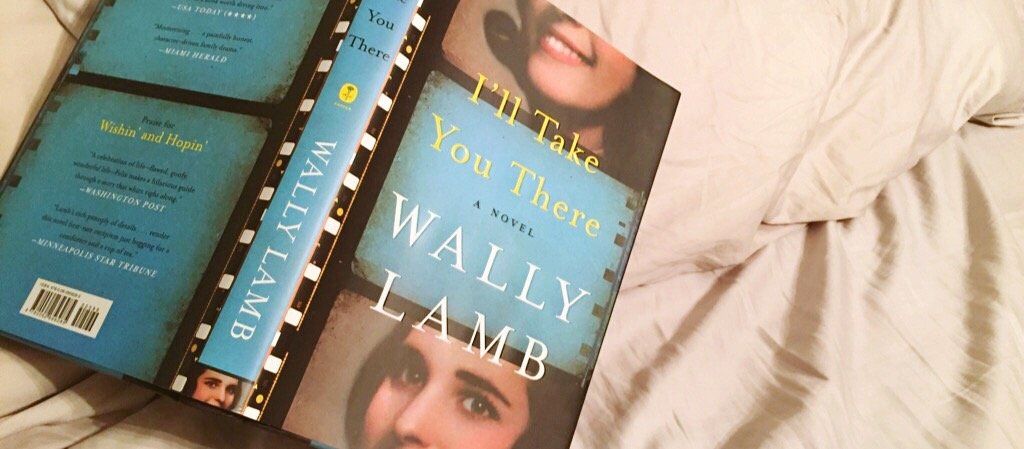"Reading is a means of thinking with another person's mind; it forces you to stretch your own." -- Charles Scribner, Jr.

Courtesy of GraphicStock.com
I spent most of my childhood with my nose buried in a book. My mom worked for the local newspaper, it's sole employee in our small town. She spent two mornings each week in the office, during which my siblings and I snuck into the empty library next door and occupied ourselves with endless books. I vividly remember sitting cross legged on the worn carpet, my back pressed against a wall of stories. I remember tracing my hands along the spines, looking for the spot where my name would fall once I became a writer.
In the second grade, while my classmates flipped through picture books, I delved into Black Beauty. In third and fourth, I plowed through the works of Roald Dahl, Judy Blume and Beverly Cleary. By the end of sixth grade, I'd finished the Sweet Valley High series -- 181 books in total.
In high school, I read Stephen King, V.C. Andrews and Anne Rice. I read the "classics": Jane Austin, Charles Dickens, Charlotte Bronte and Mark Twain. I struggled through Atlas Shrugged, and fell deeply in love with the work of Margaret Atwood.
I read on the bus until I grew sick. I read late into the night. I read Cosmo and Maxim with friends, and Reader's Digest with my grandparents. I read anything and everything I could get my hands on.
Reading was life.
But of course, life changes. I found a job, got married, bought a house, had kids. Life got busy. It's been a long time since I've read like that. I still read, but the books are fewer and far between. Instead, I spend the spare time I have writing. Or trying to write.
Something was missing.
Why Writers Must Read
When you read, you:
- expand your vocabulary and knowledge of language
- learn the rules of writing, and how to break them
- witness, by example, what works and what doesn't
- explore new ideas and techniques
- find inspiration

Courtesy of GraphicStock.com
Pay attention to what other writers do -- the descriptive words they choose, the way they craft dialogue, the twists and turns in plot. Make note of the things that you like, as well as the things you would change. Look for the story ark; observe how the author moves from scene to scene, how the characters evolve throughout the book, or fail to do so. Read to learn.
And also, read to enjoy. It's okay to let a good story pull you in and carry you away, to put your writer's brain on silence and read with your heart. Sometimes you learn with intention. And sometimes you learn through osmosis.
What should writers read?
Read what you have
I have a stack of unread books by my bed, so fortunately, I am in no shortage of reading material. The point is that you shouldn't wait until you have a chance to buy or borrow that one book you've been dying to read. Start with what you already have, even if it's something you wouldn't normally pick up. You might surprise yourself.
Read what's popular
Sometimes aspiring writers feel the need to be highly selective -- and somewhat pretentious -- about the books they read. Yes, you should read books that are critically-acclaimed. You should read the time-tested classics. And you should also read books that are brand-spanking new and popular. One of the reasons books make the best seller's lists is because a lot of people think they're good. And if you want to write a book that appeals to the public, you need to be well aware of what the public likes to read.
Read outside your comfort zone
The books I enjoy most would likely fall under the literary fiction category. That's also the type of book I hope to write. But I also read a lot of genre fiction, including horror, mystery/suspense, fantasy and science fiction, and non-fiction, including self-help, business, comedy and biographies. By doing this, I get a deeper understanding of the story elements that different genres are known for, as well as how to make those elements work in my own writing.
Read your favourites
Wally Lamb is one of my favourite authors; I deeply enjoyed several of his books, and was deeply disappointed in a few. But that's ok, because it lead my to explore why one book worked while another didn't (at least not for me). Same author, same writing style, so what went wrong? An unrelatable character? A hole in the plot?

Read what you love, over and over again
I don't keep a lot of books after I've read them, largely because I have an endless list of new books I want to read, so the odds that I'll return to an old book are slim. However, I do keep a few of well-loved books on hand -- like Life of Pi by Yann Martel or The Handmaid's Tale by Margaret Atwood. These books are more than just enjoyable stories; they are teaching materials. And every time I read them, I dig in a little deeper, I notice something new and I learn a little bit more about what makes great writing great.
I set a new goal to read every day, even if it cuts into some of my writing time. So far, I'm off to a pretty good start. I recently finished The Break by Katherina Vermette, which taught me a fair amount about writing emotion and I am now knee-deep into Barkskins by Annie Proulx.
How has reading helped you to become a better writer? What is currently on your reading list?
